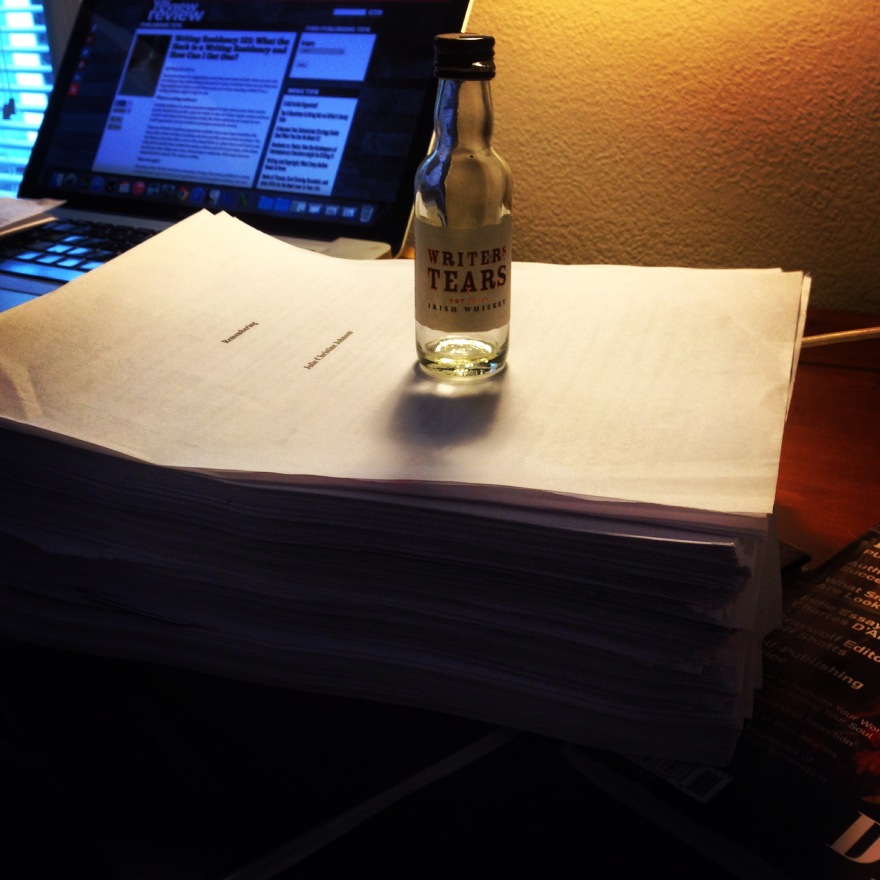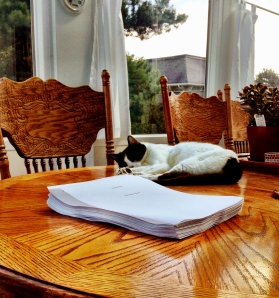March 2016. Mark your calendars. Okay, plan on marking your calendars. I haven't gotten around to filling in important 2015 dates, much less thirteen months from now.
Well, there are a few I've inked in. A series of deadlines, a set of anticipated events, a dream that's fast becoming a series of To-Dos, as REMEMBERING walks this path toward publication.
When I tell people that March 2016 is the publication date, most—unless they've gone through the process already—look at me with eyes wide and mouths agape. That long? they exclaim. Why the delay?
Oh, there's no delay. In fact, REMEMBERING is a bit rushed. Most novels run on an eighteen-months-from-contract-signing-to-publication calendar. Mine's about fifteen. And I'm grateful for each month, week, day between now and launch. Here's a glimpse of what's happening, what will happen, and what I need to make happen, in the time I have:
Approximate Manuscript Schedule:
First revision back to editor: January 26, 2015
Next edits to me: February 6, 2015
Final ms due: March 20, 2015
Cover for Author Review: probably Feb or March 2015
Copyedits for Author Review: April 13, 2015
Reading Group Guide & Author Q&A: April 27, 2015
ARCs** printed: Early June 2015
Synopsis for Sales: July 1, 2015
2nd pages for Author Review: Late September 2015
Blurbs due: Mid-October 2015
Final Closes to Printer: November 2015
**ARCs stands for Advance Reading Copies, which are sent to reviewers and other publicity/marketing contacts several months before the book is published. From these, cover and promotional blurbs are generated.
Last Thursday, five days ahead of deadline, I submitted my first round of edits. I stand back, a bit trembly and astonished at how many story changes I've made in these five weeks. Entire chapters eliminated; a character killed off; another just erased, as if he'd never existed; material I wrote a couple of years ago and then deleted—now revived, revised, restored. Names changed, plot points altered. And the revising is not over. A couple of weeks to breathe, to return to TUI, before I receive the next round from my editor. By sometime mid-April, when the copyedits are complete and I've submitted a Reading Group Guide and an Author Q&A (a little shiver of delight!), I'll be released to think about other work.
Kinda sorta.
In late fall, I'll begin working with my publisher's publicist on planning the book's "launch"—a publishing term I love: launch means the book's release. I get this visual of a rocket lifting into the sky from a platform of flames, of confetti tossed from the window of a high rise, of a great bird spreading its wings and rising on a current of air. I love the idea of REMEMBERING launching into the world.
What I don't love is the idea of a launch party. I'm an introvert. I hate parties. Do I have to have one? Who's going to pay for it? What will I wear? What if no one comes? Would you bring your dog so I have someone to talk to? These are the things I worry about at 3 a.m.
But of course, that promotion work begins well before next fall. It's work I must do, work my agent and I will map out together. It's what I'm most dreading and most excited about. Self-promotion gives me the heebie-jeebies—it embarrasses me terribly—but it must be done. The learning curve will be steep, and my challenge is to find ways to make it thoughtful, compelling, inclusive, fun and sustainable. What excites me is the possibility of engaging with readers, but of course that won't happen until I actually have some. Sigh. For the time being, I soak in and glean wisdom from writers in a couple of Facebook groups who are in the same stage of publication or a few steps ahead; arm myself with back issues of Poets and Writers, Midge Raymond's excellent Everyday Book Marketing, and Dan Blank's weekly newsletter, and scribble out must-dos and wish-lists, budgets and bios.
I remind myself what a gift I've been given—this hand on my shoulder that says, "We believe enough in this book that we're taking it out into the world." This opportunity to realize a dream.
I don't have to have a launch party. But if I do, you're all invited!


